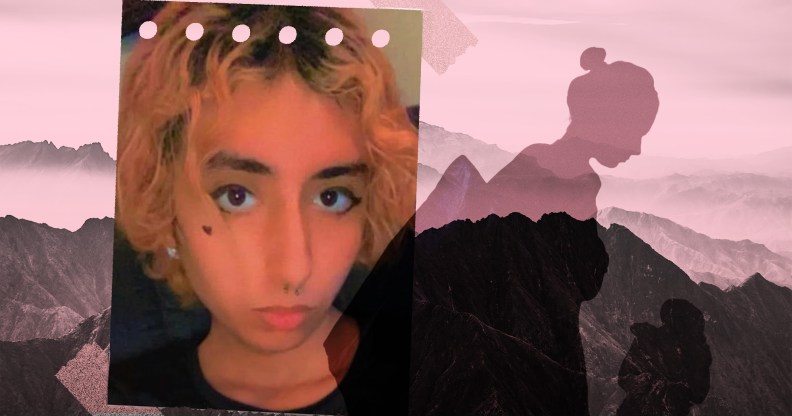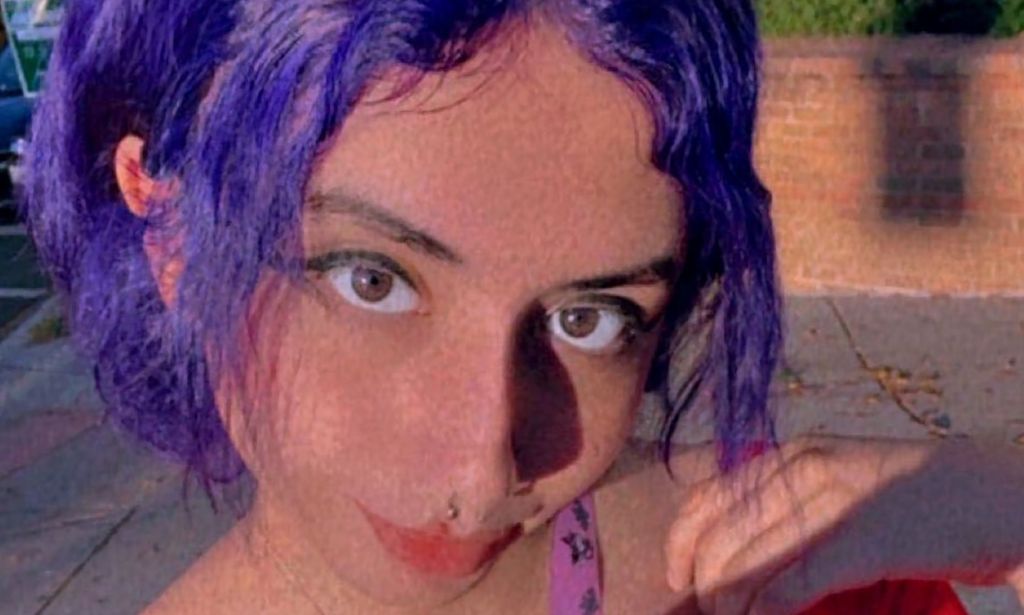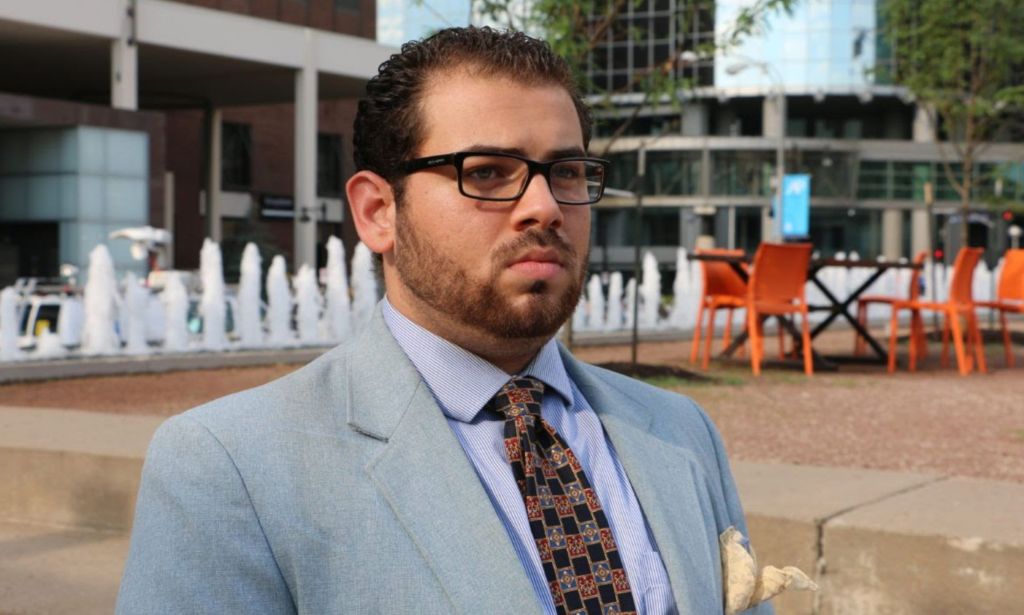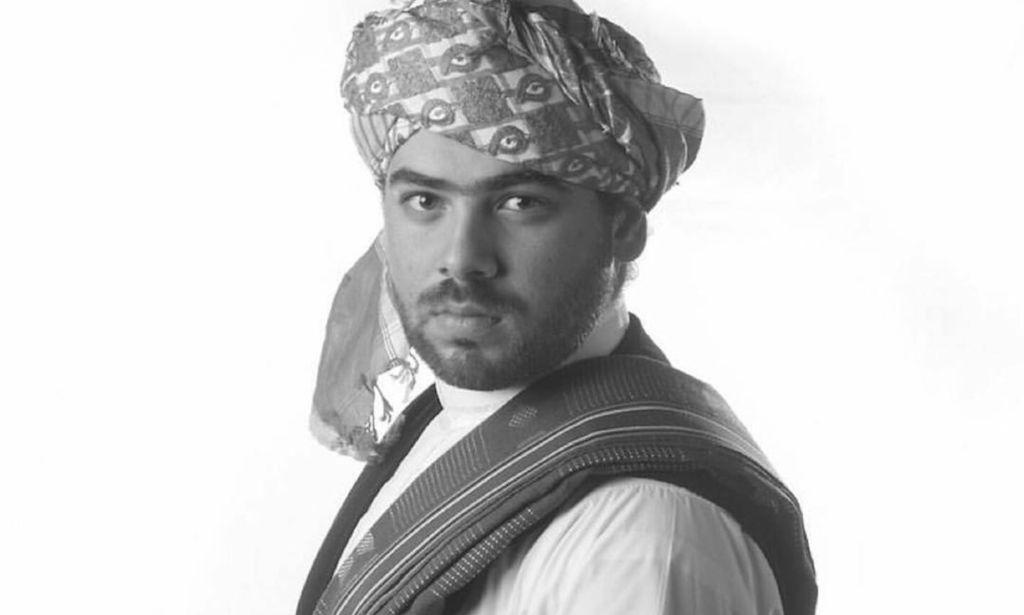Eden Knight: Trans woman’s death highlights ‘terrifying’ oppression facing LGBTQ+ Saudis

Eden Knight was a young trans woman who died by suicide after returning to Saudi Arabia from the US. (Eden Knight/Getty)
Eden Knight was a young trans woman who died by suicide after returning to Saudi Arabia from the US. (Eden Knight/Getty)
The death of Eden Knight, a young Saudi trans woman who took her life after she was allegedly coerced into detransitioning, won’t be the last, warns a queer Saudi who fled to the US.
Eden Knight was found dead on 13 March, months after she returned to Saudi Arabia from the US.
In her final message, the 23-year-old trans woman alleged her family hired American “fixers” to reestablish contact with her last summer.
In her account, she said third-party manipulation, isolation from her affirming chosen family and her uncertain immigration status in the US ultimately forced her to detransition and leave the US for Saudi Arabia – a country known for its violent hostility towards LGBTQ+ country.
Her friends and the broader trans community are demanding justice for Eden. But activist Wajeeh Gay Lion tells PinkNews the “reality of the matter is she’s not the first and she won’t be the last” LGBTQ+ Saudi person to die in circumstances like these.
“If you’re a Saudi and you’re a member of the LGBT community, know and accept that your life is always in danger,” he says.
“The day I accepted that I am queer, the day I accepted that I’m non-binary, the day I accepted that I’m gay, is the same day that I accepted that I could be killed at any minute – and anyone in Saudi Arabia from the LGBT community can tell you the same.”

Wajeeh recalls how her family found out she was gay in 2016, shortly after she’d graduated from Kansas State University.
“Their first reaction was reaching out to the Saudi government, trying to figure out a plan to send me back,” they say. “Their first reaction was they wanted to send me to conversion therapy and get me back to the straight path, marry a woman and become a good Muslim again.”
He continues: “My family gave me a brand new phone, hoping I would lose contact.
“If it wasn’t for me planning an escape for two years and having legal connections and being connected [at the university] if I wasn’t able to reach out to these people who were able to pull me out, get me to a safe house, I wouldn’t be able to talk to you today. I wouldn’t even be alive.”
Wajeeh says being physically located in the US didn’t mean they were safe. They were homeless for a while, worked tirelessly to get into grassroots organising and eventually granted asylum in 2018.
“The death threats since I came out come almost on a weekly, monthly basis still today,” they add.

Wajeeh say she has “two death sentences on [her] head”: one for “leaving Islam” and the other for “being the first openly gay man from Saudi Arabia”.
LGBTQ+ people are targets of discrimination in Saudi Arabia, and some aren’t safe even if they flee the country.
Saudi Arabia criminalises same-sex sexual activity under Sharia law, and LGBTQ+ people can face capital punishment, whippings, imprisonment and even death. Both men and women are criminalised under this law, according to Human Dignity Trust.
The Saudi government also imposes criminal sanctions that prevent trans people from living as their authentic selves and expressing their gender.
Authorities actively repress and crack down on expressions of gender and sexuality from the public sphere, including online.
In 2017, two trans Pakistanis were allegedly beaten to death after Saudi police raided a house and arrested 35 trans people. The Saudi government denied the reports.
Just two years later, in 2019, a gay social media personality named Suhail al-Jameel was arrested, put in prison and tortured in the form of 800 lashes after posting a picture of himself in shorts at the beach online. He was released after three years in prison in October 2022.
In 2020, a Yemeni blogger was arrested after he posted a pro-LGBTQ+ video online. After his arrest, he was subjected to a forced anal exam by police and faced regular beatings from police to force him to “confess that he is gay”
A Saudi court sentenced the blogger to 10 months in prison, a hefty fine and deportation on charges of “promoting homosexuality online”, “imitating women” and violating public morality.

Wajeeh says it’s a “terrifying” landscape for the LGBTQ+ community in Saudi Arabia, as queer people face “systematic oppression”.
“Saudi Arabia knows that we have members of the LGBTQ+ community, and they are banning all treatments for [sexually transmitted disease and infection] prevention,” he says.
“PrEP is illegal unless you become HIV positive, and then you have to register with the Ministry of Health and pay a fine.”
She continues: “They make the LGBT community seem like they’re responsible for spreading diseases, drugs and that they’re responsible for paedophilia … there is just dehumanisation to another level.”
Wajeeh says their “heart has been very devastated” to hear about the circumstances behind Eden Knight’s death. Even though they’re based in the US, they don’t feel safe.
“We are being hunted because we can’t live as we want – because we are controlled, micromanaged, not even allowed to breathe,” Wajeeh says.
“After I came out, it took me six years out of my adult life to figure out who I am and who I was because I was never allowed to have an actual identity other than the identity they gave me… I grew up between very conservative ideologies, even among the Saudis.
“The first time I saw a person getting executed publicly was at the age of 10 – that’s the reality that I was exposed to.
“When I came here and wanted to live as myself, it was very scary.
“Sometimes I would sleep, and I thought on so many nights that someone would break in that door and it might be the Saudi government kidnapping and no one would know about me. That was my biggest fear.”
The US State Department confirmed to Vice that it has seen the reports about Eden Knight’s death and is “studying these allegations” – but it may be some time before justice can be found.
It’s been nine months since two Saudi asylum seekers – Asra Abdullah Alsehli, 24, and Amaal Abdullah Alsehli, 23 – were found dead in their apartment in Sydney, Australia in June.
The sisters fled Saudi to Australia seeking protection because of their religion and sexuality, but their pleas were reportedly rejected over lack of evidence.
Mystery continues to surround the sisters’ deaths as police say they had been dead for more than a month when they were found. Their bodies were repatriated to Saudi Arabia – the country they fled from because they feared for their safety – in August.

